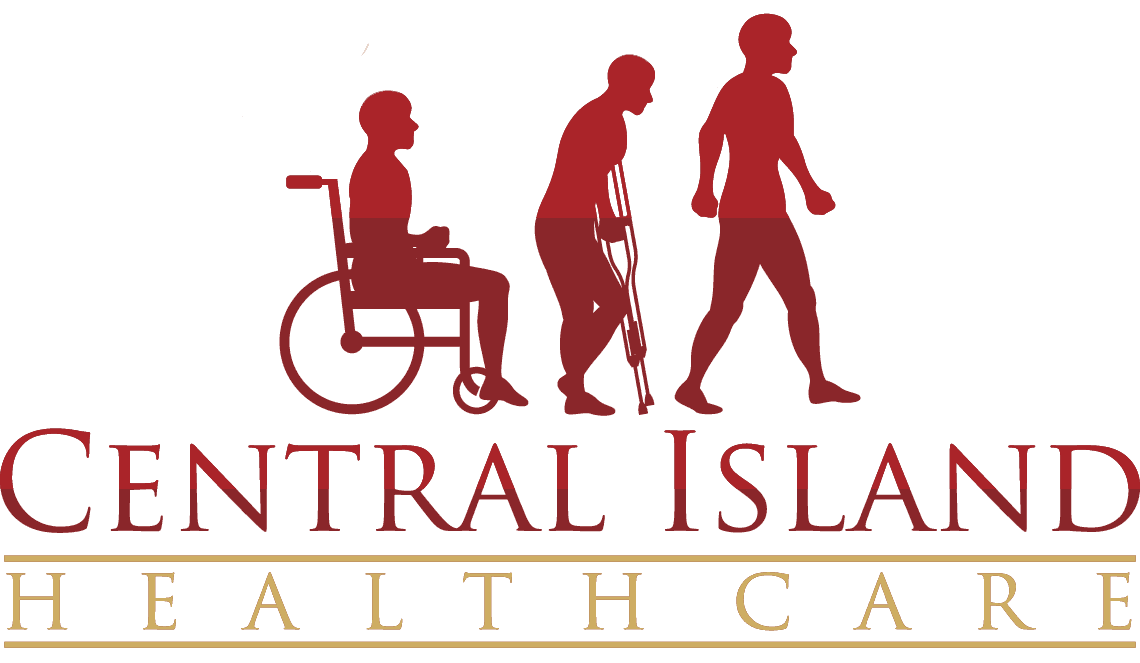Please call Admissions at Ext 126 for a virtual tour.
Residents may receive visitors 7 days without appointment between 1pm-7pm. Until further notice, NYSDOH requires valid proof of COVID-19 testing prior to visitation. Two days prior for PCR test or one day for Rapid test.
Visitors must comply with all posted infection control rules. We will continue to monitor DOH and CDC guidance.
Understanding Memory Care in Nursing Homes: Specialized Support for Residents with Dementia
- By Brocket Media
- •
- 01 Aug, 2023

Introduction
As the world's population ages, the prevalence of dementia is on the rise. According to the World Health Organization, approximately 50 million people worldwide are living with dementia, and this number is projected to triple by 2050. Dementia is a progressive condition that affects memory, cognitive abilities, and behavior, making it challenging for individuals to perform daily tasks and live independently. As a result, individuals with dementia often require specialized care and support, especially as their condition advances.
Memory care units within nursing homes have emerged as essential facilities designed to meet the unique needs and challenges of residents with dementia. These units offer a safe, structured, and supportive environment, where individuals can receive the specialized care they need while maintaining their dignity and quality of life. In this blog, we will delve into the significance of memory care in nursing homes, exploring the distinctive requirements of residents with dementia, the purpose of specialized memory care units, person-centered approaches, and the importance of creating a safe and structured environment.
Understanding the Unique Needs and Challenges of Residents with Dementia
Dementia is a broad term that encompasses several neurological disorders, the most common being Alzheimer's disease. It is characterized by a decline in cognitive function, memory loss, and changes in behavior and emotions. The challenges posed by dementia can be overwhelming for both the individuals living with the condition and their families.
Memory loss is often one of the earliest and most noticeable symptoms of dementia. Individuals may struggle to recall recent events, names of family members, and everyday objects. As the condition progresses, communication difficulties can arise, leading to frustration and agitation. This, coupled with confusion and disorientation, can contribute to feelings of fear and anxiety in individuals with dementia.
Residents with dementia may also exhibit challenging behaviors, such as wandering, pacing, and increased agitation. These behaviors can be distressing for both the individuals themselves and the caregivers, making it essential to create an environment that ensures their safety and minimizes stress.
Specialized Memory Care Units within Nursing Homes: Their Purpose
Memory care units within nursing homes are specially designed wings that cater specifically to individuals with dementia. These units serve as a bridge between traditional nursing home care and more intensive skilled nursing facilities, offering a unique environment that is tailored to meet the needs of residents with memory loss.
The primary purpose of memory care units is to create a homelike setting that promotes a sense of familiarity and comfort for residents with dementia. This environment helps reduce anxiety and disorientation, allowing residents to feel more at ease in their surroundings.
In addition to creating a safe and supportive atmosphere, memory care units focus on providing specialized care and services that cater to the unique challenges of dementia. Staff members in memory care units undergo specialized training to better understand the disease and develop effective strategies for communication, behavior management, and activities of daily living.
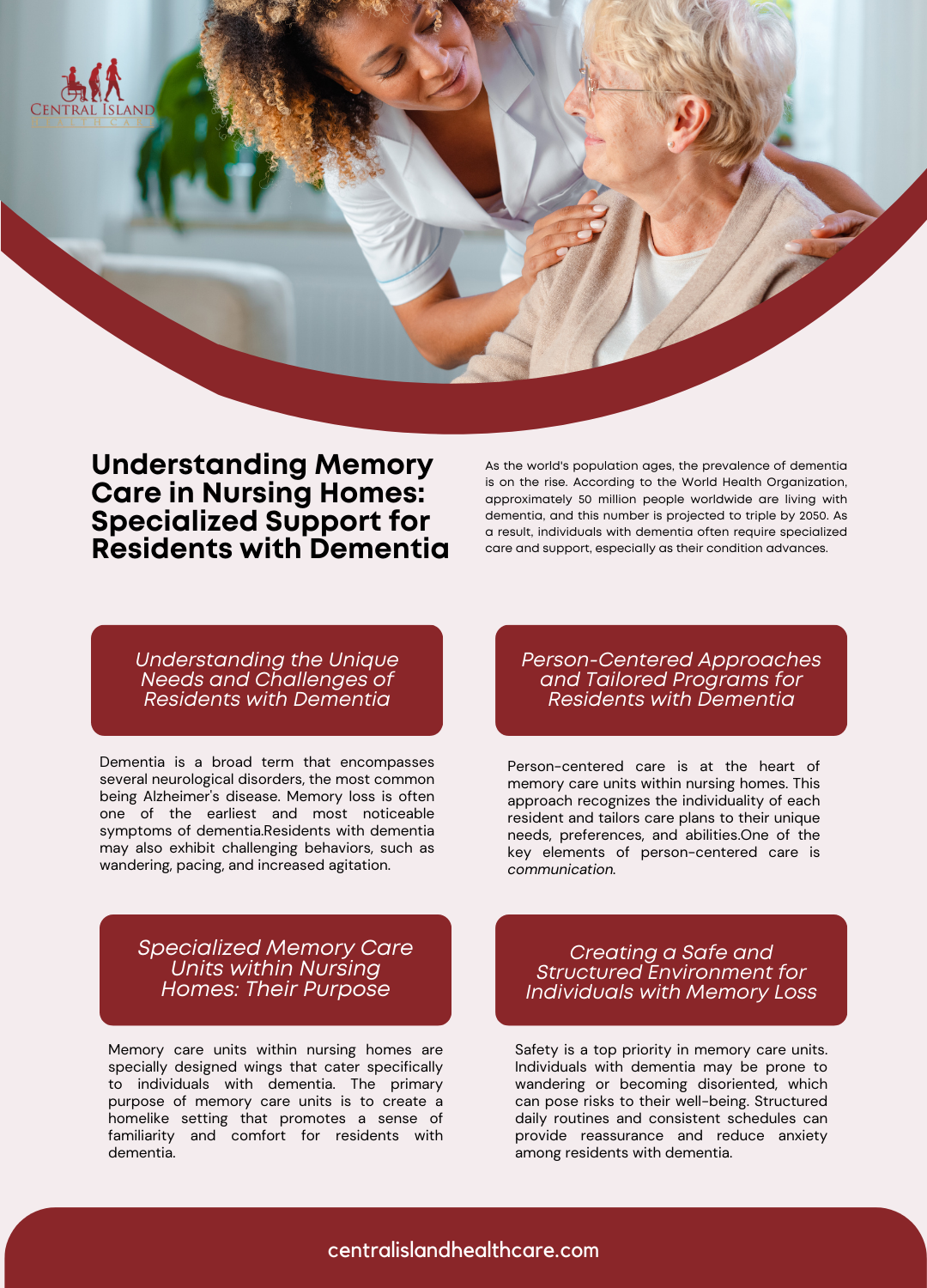
Person-Centered Approaches and Tailored Programs for Residents with Dementia
Person-centered care is at the heart of memory care units within nursing homes. This approach recognizes the individuality of each resident and tailors care plans to their unique needs, preferences, and abilities. By understanding the personal history, interests, and routines of each resident, memory care facilities can provide personalized care that respects the dignity and autonomy of the individuals.
One of the key elements of person-centered care is communication. Staff members are trained to use positive and affirming language, maintain eye contact, and speak slowly and clearly to enhance understanding and reduce frustration. Active listening is also emphasized, as it allows staff to better comprehend residents' needs and preferences.
Programs and activities in memory care units are specially designed to engage residents with dementia cognitively, emotionally, and physically. Reminiscence therapy, for example, encourages individuals to recall and share memories from their past, promoting a sense of identity and self-esteem. Music and art therapy have also been found to be beneficial in stimulating memories and emotions, even in individuals with advanced dementia.
Physical activities, such as gentle exercises and walks, are essential in promoting overall well-being and maintaining physical function. Social activities and group interactions offer residents opportunities for meaningful connections with others, reducing feelings of isolation and loneliness.
Moreover, the dining experience is considered an essential aspect of person-centered care. Memory care units offer residents meal choices that are familiar and appealing to their tastes. This not only promotes a positive dining experience but also helps maintain proper nutrition and hydration, which are essential aspects of caring for individuals with dementia.
Creating a Safe and Structured Environment for Individuals with Memory Loss
Safety is a top priority in memory care units. Individuals with dementia may be prone to wandering or becoming disoriented, which can pose risks to their well-being. Memory care facilities implement safety measures, such as secured doors and well-designed layouts, to prevent accidents and ensure the safety of the residents.
The physical environment within memory care units is thoughtfully designed to be soothing and easy to navigate. Simple and clear signage helps residents find their way around, avoiding confusion and frustration. Clutter is minimized to reduce sensory overload, while comfortable seating areas provide opportunities for relaxation and socialization.
Structured daily routines and consistent schedules can provide reassurance and reduce anxiety among residents with dementia. Predictable routines create a sense of stability and familiarity, which can be comforting for individuals who may struggle with memory loss and changes in their surroundings.
Conclusion
Memory care in nursing homes is an essential aspect of senior care that embraces compassion, understanding, and specialized support for residents with dementia. As the prevalence of dementia continues to rise, the significance of memory care units becomes increasingly evident.
Understanding the unique needs and challenges of residents with dementia is fundamental in developing effective care strategies. Specialized memory care units within nursing homes play a crucial role in providing a safe and structured environment that prioritizes the well-being and dignity of individuals with memory loss.
Person-centered approaches and tailored programs ensure that residents receive individualized care that caters to their unique abilities and preferences. By promoting engagement and providing a supportive environment, memory care units enhance the quality of life for individuals with dementia.
Creating a safe and structured environment within memory care units is essential to prevent accidents and reduce anxiety among residents. By implementing safety measures and maintaining consistent routines, nursing homes can create a reassuring and comfortable living space for those facing cognitive challenges.
In conclusion, memory care in nursing homes is an indispensable service that empowers residents with dementia to live with dignity and purpose. By investing in memory care facilities and adopting person-centered approaches, nursing homes can provide the highest level of care and support for individuals with memory loss, enabling them to age with grace and respect.
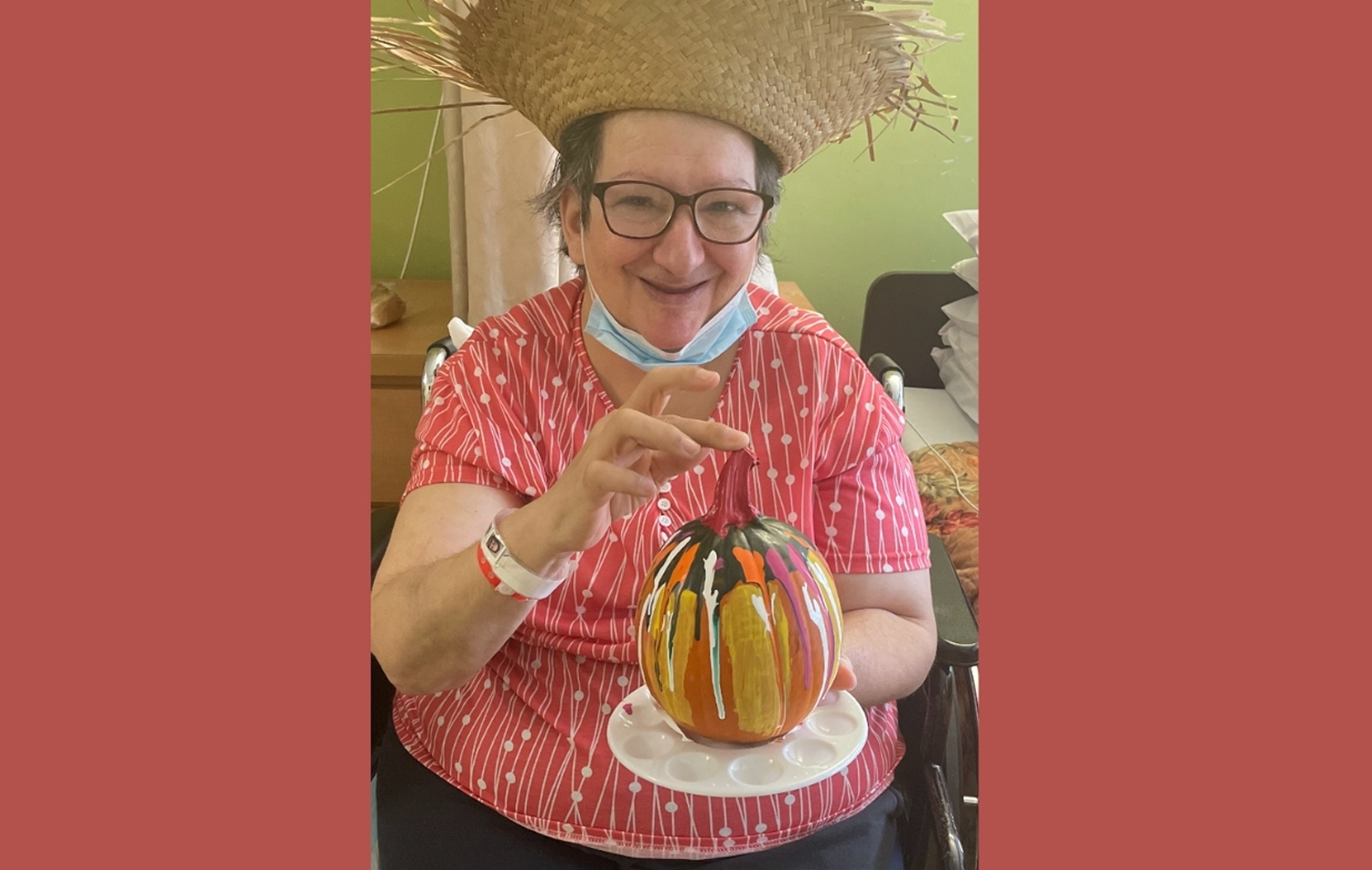
As the years roll by, one of the most treasured aspects of our well-being is cognitive health. Our ability to think, reason, remember, and learn is something that should never be taken for granted, especially as we age. Cognitive health plays a pivotal role in our overall well-being, and it's particularly significant for seniors. At Central Island Healthcare, we understand the profound importance of preserving cognitive function in our elderly residents, and we are committed to offering a wide array of activities and programs to support their cognitive wellness.
The Significance of Cognitive Health
Cognitive health encompasses a wide range of mental abilities, from the basic function of memory to the complex skills of problem-solving and decision-making. It is not solely about intelligence; rather, it concerns our ability to navigate the world around us, make informed choices, and engage in meaningful social interactions. Let's delve into why cognitive health is so crucial for seniors:
Impact on Overall Well-being
The preservation of cognitive health directly influences an individual's overall well-being. Cognitive decline can lead to feelings of frustration, isolation, and dependence, which in turn can significantly diminish the quality of life. In contrast, maintaining cognitive function promotes independence, confidence, and a higher sense of purpose.
Better Quality of Life
Seniors who possess intact cognitive abilities are better equipped to continue enjoying the activities they love, maintain their social connections, and sustain self-sufficiency for more extended periods. This independence is closely tied to an improved quality of life.
Brain-Boosting Activities
Central Island Healthcare is deeply committed to the well-being of its residents, and this extends to the preservation of cognitive health. We offer a rich variety of brain-boosting activities designed to stimulate cognitive function and keep minds active and agile. Here are some of the engaging activities that our residents can participate in:
1. Brain Teasers and Puzzles
Sudoku, crossword puzzles, and riddles are excellent ways to challenge the mind and enhance problem-solving skills. These activities are readily available for residents to enjoy at their own pace, providing mental stimulation while fostering a sense of accomplishment.
2. Educational Workshops
We organize a series of workshops covering a wide spectrum of subjects, from history and science to art and literature. Lifelong learning is a powerful way to keep the brain sharp and engaged. These workshops not only provide new knowledge but also encourage interaction and discussion among residents, promoting social engagement.
3. Physical Exercise
Regular physical activity isn't just beneficial for the body; it's also essential for cognitive health. Exercise increases blood flow to the brain, promoting the growth of new blood vessels and brain cells, which can improve memory and cognitive function. At Central Island Healthcare, we offer a range of physical activities suitable for seniors, including gentle yoga, tai chi, and walking groups.
Memory Care Programs
For residents with specific cognitive challenges, such as dementia or Alzheimer's disease, Central Island Healthcare offers specialized memory care programs. These programs are designed to provide personalized support tailored to the unique needs and challenges of individuals with cognitive impairments. Our memory care services include:
1. Personalized Care Plans
Each resident with cognitive impairment is evaluated by our team of experts, and a personalized care plan is developed. These plans are crafted to address the specific cognitive and emotional needs of each individual, ensuring they receive the best possible care and support.
2. Sensory Stimulation
Sensory stimulation activities are an integral part of our memory care programs. These activities, such as aromatherapy and tactile exercises, are designed to engage the senses, promote relaxation, and improve overall well-being. Sensory stimulation can help residents reconnect with their surroundings and enhance their cognitive function.
3. Supportive Environment
Our dedicated memory care unit provides a safe and comfortable environment for residents with cognitive impairments. This environment is designed to reduce stress and anxiety while promoting a sense of security and belonging. Our trained staff members are skilled in providing compassionate care and assistance, ensuring that residents live with dignity and receive the attention they require.
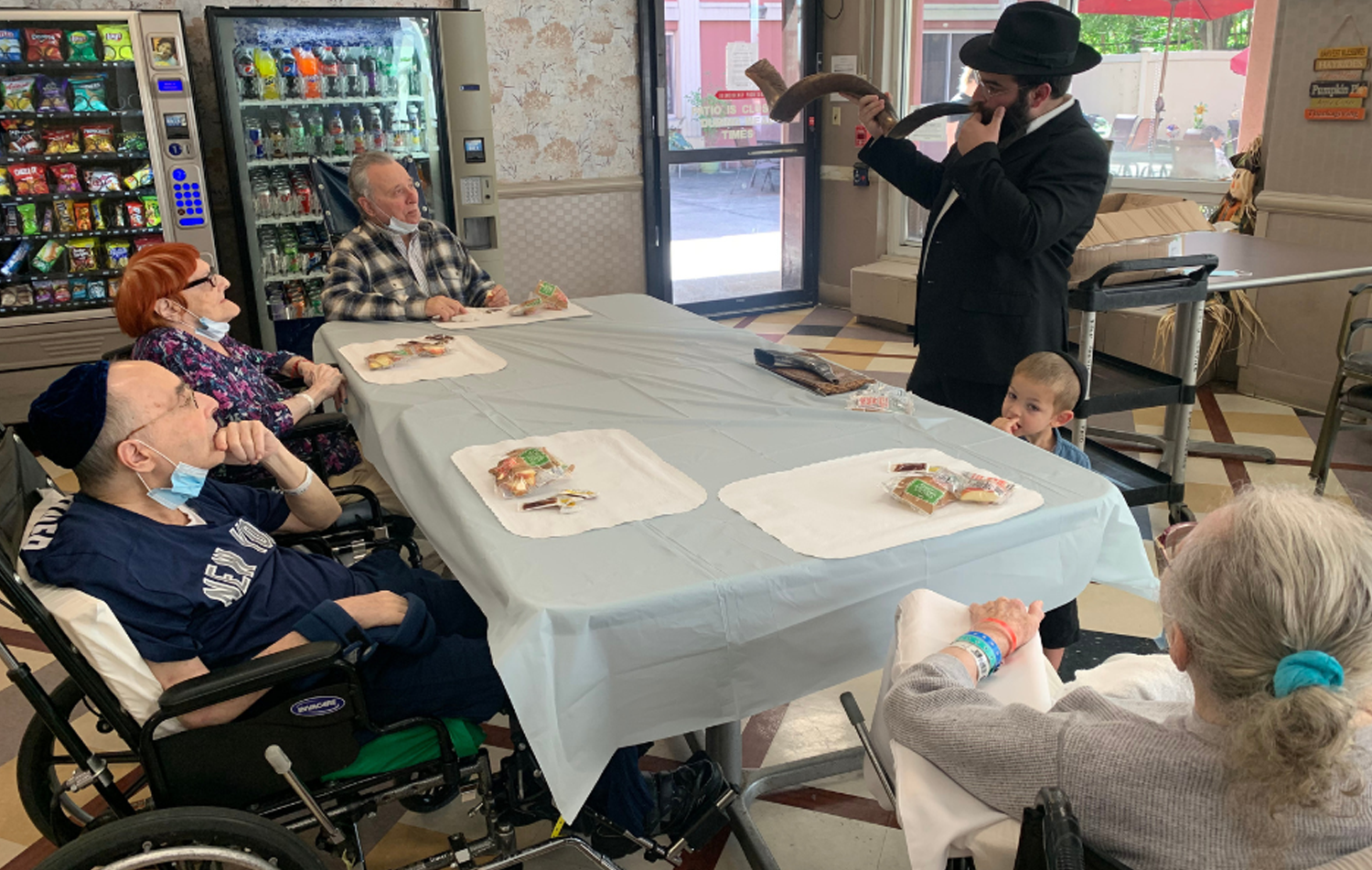
Life is a beautiful journey, replete with joys, challenges, and an array of memorable moments. For those in the later stages of life, these moments take on an even greater significance, and it becomes vital to cherish them. At Central Island Healthcare, we understand the profound importance of special events and milestones in the lives of our residents and their families. Our commitment to providing exceptional care extends far beyond addressing medical needs; it encompasses celebrating life's beautiful moments. In this comprehensive blog post, we will delve into the rich tapestry of celebrations and events that define the culture of Central Island Healthcare.
The Importance of Celebrations in Senior Care
The notion of celebrations isn't merely about indulging in festivities; it is an integral aspect of enhancing the quality of life for our residents. Special events and milestones offer a sense of purpose, belonging, and fulfillment, substantially boosting residents' emotional well-being. These moments create lasting memories and foster deep, meaningful relationships among our residents, staff, and families. Celebrations bring forth smiles, laughter, and an unmistakable sense of fulfillment to our community.
For many seniors, transitioning to a care facility can be a daunting prospect. However, the prospect becomes far more inviting when they know they are entering a community that values and actively engages in celebrations, recognizing the vital role they play in enhancing the overall well-being of the residents.
Monthly Calendar of Events
Our monthly calendar at Central Island Healthcare is a testament to our unwavering commitment to joy, engagement, and holistic well-being. Each month, we meticulously plan an array of activities and events that cater to the diverse interests and preferences of our residents. From art workshops and musical performances to gardening clubs and wellness classes, our calendar is a colorful mosaic of experiences, designed to cater to the unique tastes and aspirations of our residents.
These events empower our residents to pursue their passions, explore new hobbies, and connect with like-minded individuals. The shared experiences cultivated through these events forge deep connections among our residents, creating an enriching and vibrant community where each day brings forth new opportunities for growth and fulfillment.
Resident Birthdays and Anniversaries
Birthdays and anniversaries mark significant milestones in everyone's life. At Central Island Healthcare, we recognize the profound importance of these occasions, and we endeavor to celebrate them with the warmth and personal touch they deserve. Our dedicated team works tirelessly to organize special gatherings, replete with decorations that transform our facility into a haven of celebration. Delicious cakes and heartfelt wishes are par for the course, creating an atmosphere where residents feel cherished and valued.
It's during these celebratory moments that residents are surrounded by friends and family who share in their happiness, creating a sense of belonging that is at the heart of our community. The personal connections and emotional bonds forged during these celebrations often become cherished memories that residents carry with them, enriching their lives in profound ways.
Holiday Celebrations
Holidays at Central Island Healthcare are nothing short of magical. Our facility undergoes a breathtaking transformation, adorned with decorations that evoke the spirit of the season. We enthusiastically embrace the themes of each holiday, creating an environment where residents can fully immerse themselves in the festivities.
From Halloween costume parties that spark laughter and creativity to Thanksgiving feasts that bring warmth and togetherness, our holiday celebrations are designed to encapsulate the essence of each occasion. Christmas, in particular, is a time of unparalleled joy and magic at our facility. Our halls resonate with the sounds of carolers, and our dining areas are adorned with twinkling lights and festive decor. Residents and their families come together to create cherished memories, making Central Island Healthcare feel like a second home, imbued with love and joy.
Copyright © 2023 Central Island Healthcare. All Rights Reserved.

